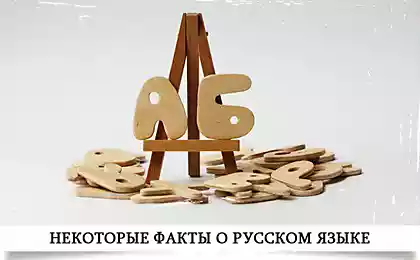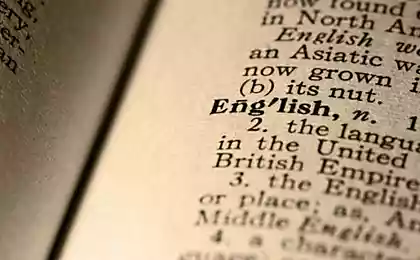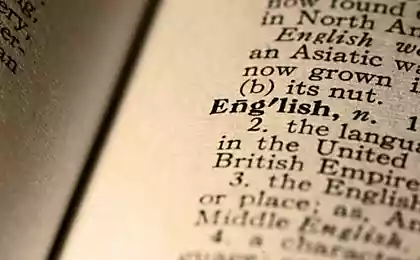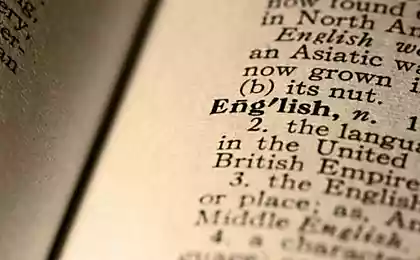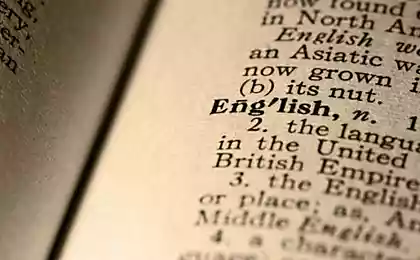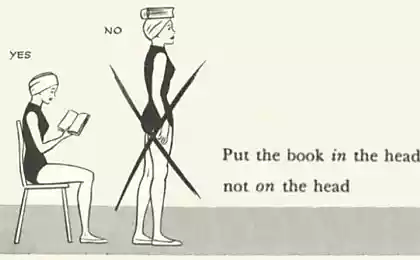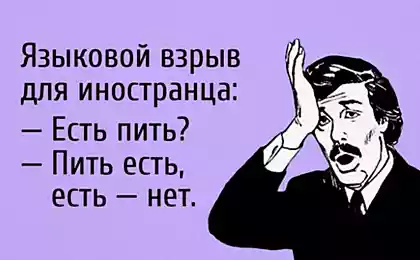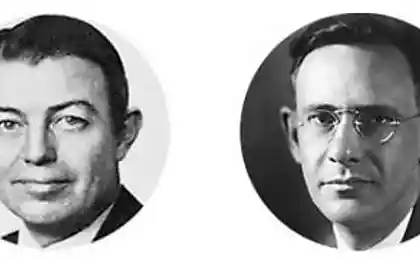702
17 errors in the Russian language, which did at least once every

We all learned Russian in school, and many knew him perfectly well, but still a no-no and even slip in speech errors. Even at the most inopportune moment - in a letter to a future employer or in the comments, which immediately alert flock grammar-nazi.
Website for you to publish an article about the most common mistakes in the Russian language. They can easily be avoided if some simple rules to remember or phrase-tips.
Birthday I It happens that the frequency of erroneous use of words and turns of a "burying" linguistic norm. But we know how! It happened, for example, birthday em>. As the phrase is not only distort! Quite often hear: "I'm going for my birthday s », «I congratulate you on the occasion born iem ». It is not right. It should be: "I'm going for my birthday I », «Happy birthday I ».
Secondly, there is a "Birthday I », but there is no such thing as a "birthday s ». In addition, many write both words capitalized. It's as if the words of the significance attached, but according to the rules of the Russian language is a mistake. Acceptable, but not quite correct (the birthday is not universal triumph) write capitalized the first word, but not both.
V_obschemEst the word "general", "in general". The same spelling is an error, "general" and "in general."
ZvonItTut can be a long time to explain. The use of the word "Call" (with the accent on the first syllable) is such a common mistake in the speech that sometimes want to run to the library as soon as possible and arrange a detoxification Ozhegova.
To a Mpano and K and mpaniyaSlovo "to the a Mpano" comes from the Latin panis («bread"), that is, initially the company called Group companions. The word "to the and Mpano" comes from another word - campus, that is, "field", including the "battlefield". The word "campaign" refers to a military campaign. These two words - homophones, that is, they sound the same but are spelled differently.
Remember the difference can be as follows: to the a Mpano decided to hold a and Mpano.
He and NiNastoyaschaya headache proofreaders and editors. Lawful use of these particles often are not always obvious. "No" is the amplifier used in the particle and the denial from the predicate, it can also be used as a connecting union.
Examples:
Do not do a step , do not drink single gram
when the whole day some problems
and it does not go damn
I climbed into the bath with foam
at the mouth
"No" is usually expressed denial, often used with verbs, gerunds, and in some other cases. If you are in doubt, look in the dictionary.
Example:
I spoke to the conscience
and speaks and speaks
What a pity that I do not know
Hebrew
Dress up and NadetEsche one very common mistake in speech. You can a to put someone and on do something for themselves or someone else. For the assimilation of rules nemudrenyh enough to remember the mnemonic phrase: « On to put clothes, a to put Hope».
"-Tsya" And "-Tsya" Spelling "-tsya" and "-tsya" verbs is easy to check. We must ask the question: "What to do © t ?» / «What business © be ?». If the question has a soft sign, it will be in the "-tsya." Despite the ease and simplicity of receiving this error occurs very often.
U and nitsaKazalos would write the word "U and Nice" - check it with the word "U and n", and everything will fall into place, but no ... Many persistently somehow write through "e" at the root, and that's it ... Do not be so.
Kak_budtoPisat anywhere hyphens - a common fad many people. "How" is spelled with a hyphen if it is followed by "-That", "-or", "-nibud." "As if" is written separately.
Chto_li, vryad_liTut simple: the particle "if" is written separately. You just need to remember. As a mnemonic device, you can remember Bruce Lee and imagine what it does to those who make mistakes in such simple words.
E a Press & lAtteNe lucky Overseas words in Russian. They constantly alter. From the words commonly used today can remember the name of the coffee "espresso", "latte" and "cappuccino". First constantly want to be called "Express", the second constantly strive to do the accent on the last syllable, but right at first, in the third when writing for some reason put the two "h».
Borrow and OdolzhitFinansovaya literacy in Russia leaves much to be desired, it is not surprising that the word "take" and "borrow" we are constantly confused. "Borrow" - to borrow it, so to speak "borrow me the money" is wrong. You also can not take someone only someone. It will be correct: "Lend me the money", "Can I take you?»
V_techeni s (excuse) From the school of the word "for" and "within" is often written incorrectly. First, write one word, which is a gross error, and secondly, confused letters at the end of words. Remember, how to write, you can: preposition with a noun "within" can be divided dependent word and the preposition "for" inseparable.
For example, in the fast-flowing river, but em> for the evening.
When th tiSovershenny view of the verb "to go" is often written as "come" or "come". What is right? Right on the modern rules of language to write "at th five." Difficulties in writing this verb come from this phenomenon of the Russian language as Suppletion, that is, the formation of the forms of the same word from different roots. We write "go" but "coming." Option to "come" is now considered obsolete.
Bud from schiyKogda we say the word "future", and wants to add to it by analogy with the word "next" extra "w". But to do so not worth it, no matter how desirable.
Have v_vidu "Bear in mind" is always written separately. Just remember that if you wish to have considered literate person. But there is an excuse "in view" of value "because" do not confuse.
The comma between subject and skazuemymZapyataya between subject and predicate - it is a gross mistake. Is that between them are introductory word or definition, but they are isolated by their own rules.
via russian7.ru/2015/09/20-samykh-chastykh-oshibok-pri-upotreblenii/


